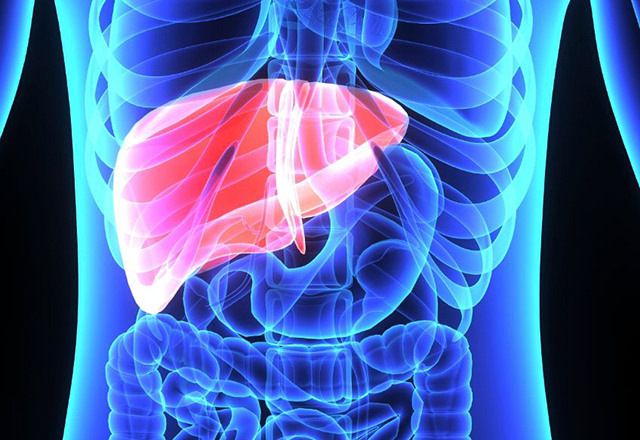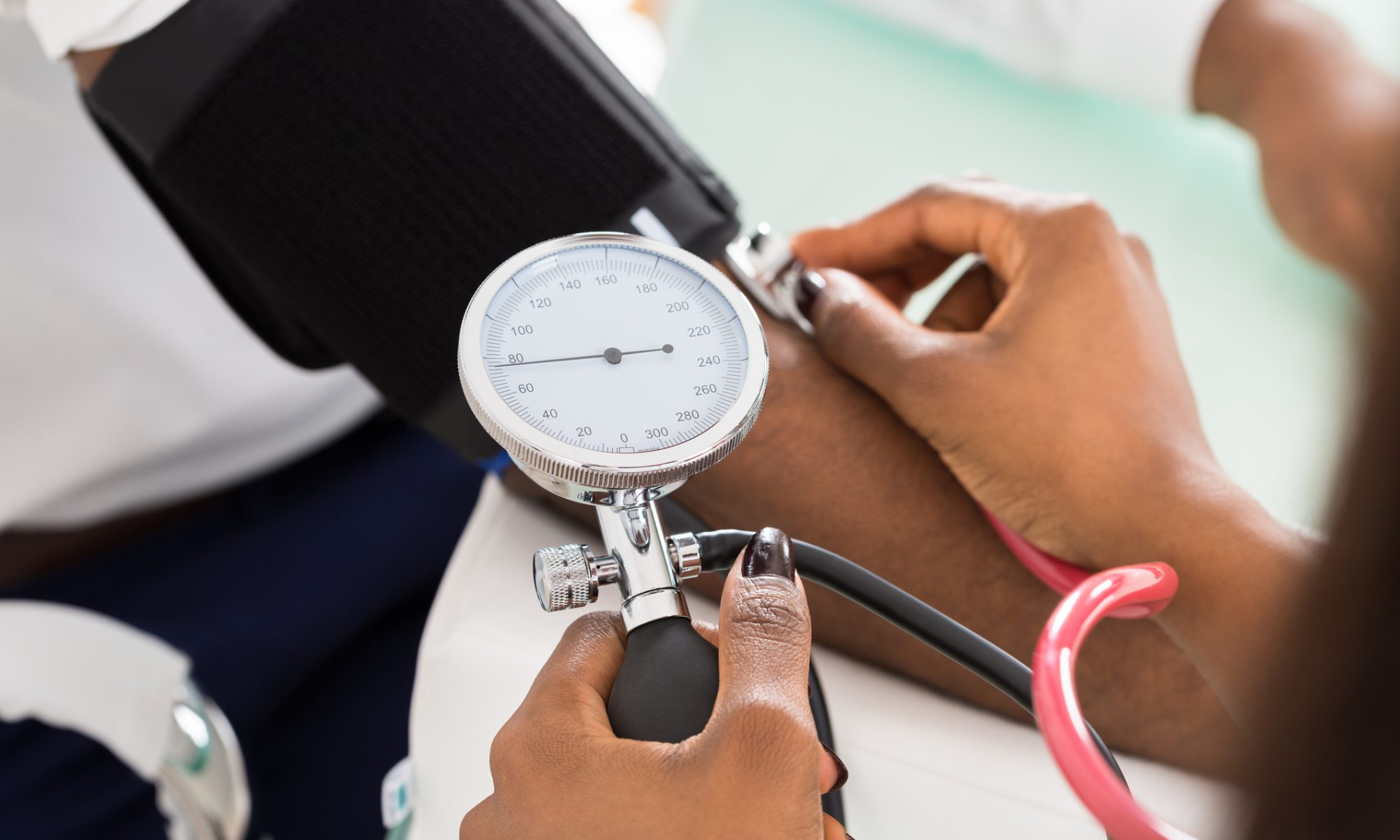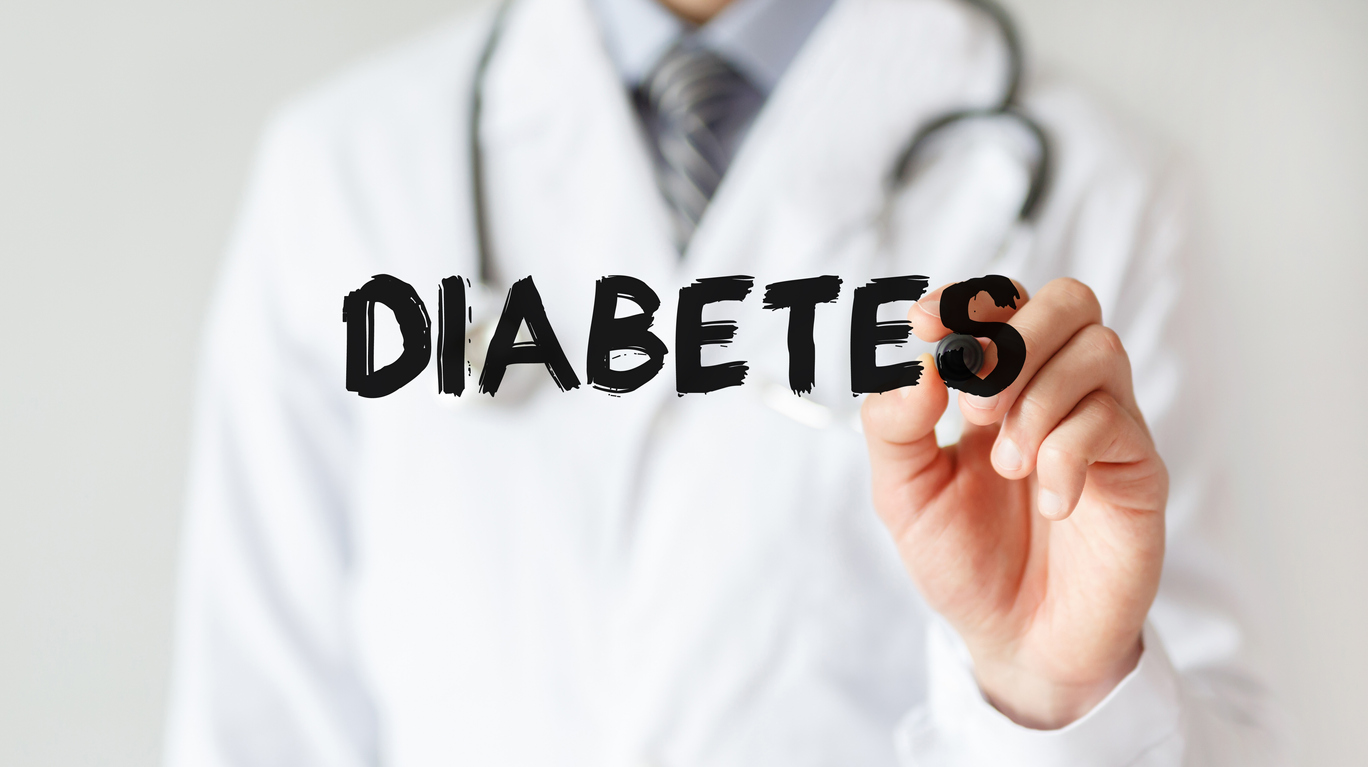In the two years following the launch of the national liver allocation policy based on acuity circles, nearly 15,300 deceased donor liver-alone transplants were performed nationwide. This was an increase of 4.3 percent over the corresponding two-year period before implementation.
A key focus in monitoring the policy’s performance has been its effect on transplant volume in various geographic areas. Read the full story from UNOS.









